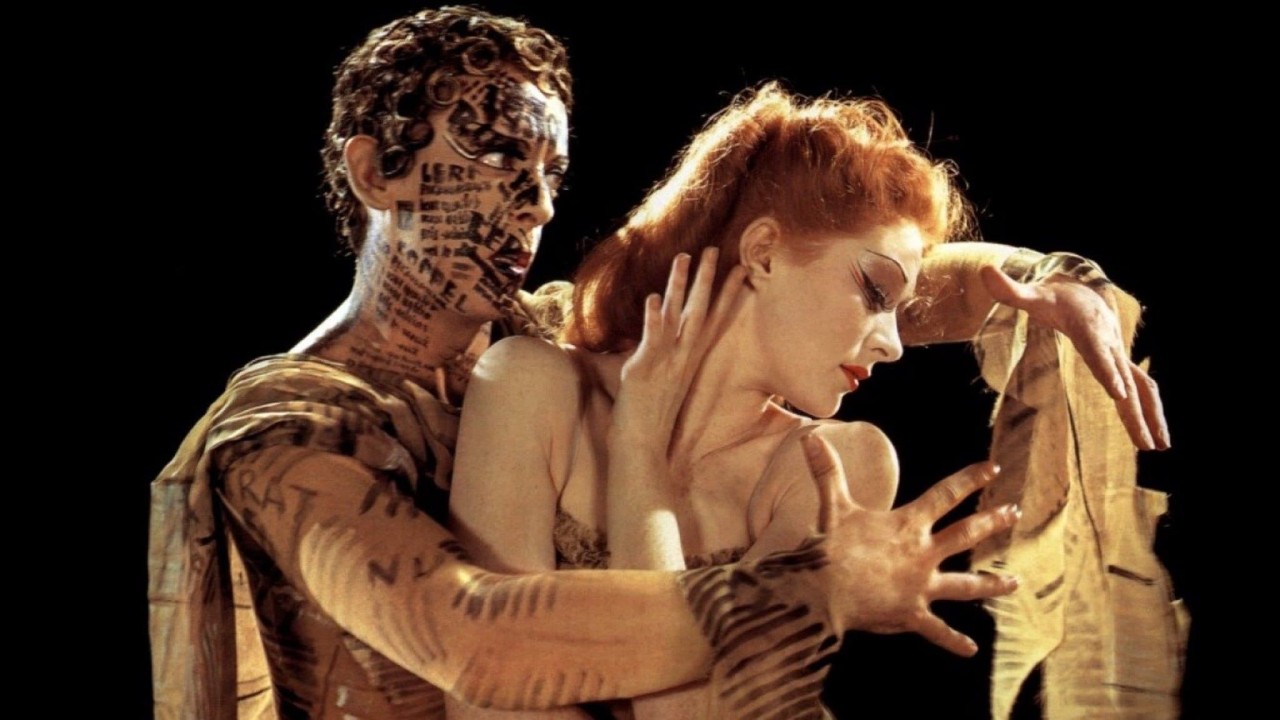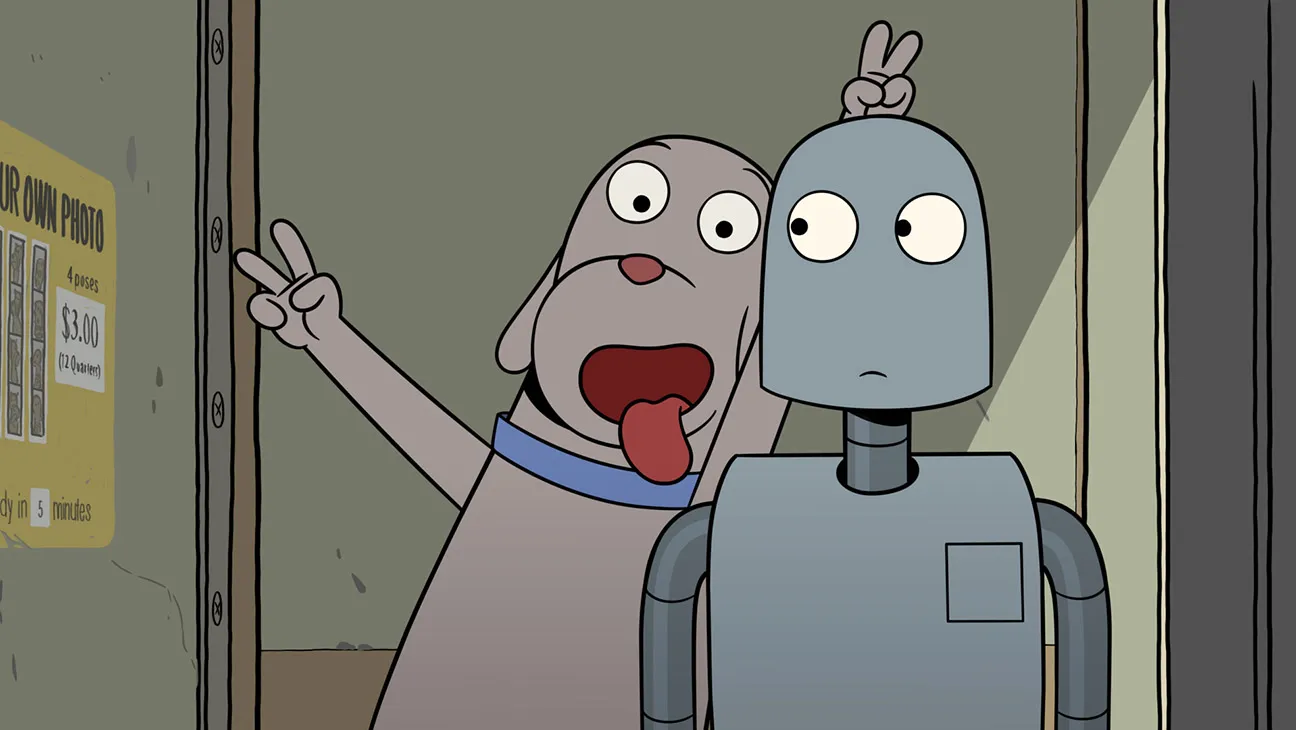by Andrew Sarris
2001: A Space Odyssey is a thoroughly uninteresting failure and the most damning demonstration yet of Stanley Kubrick’s inability to tell a story coherently and with a consistent point of view. His film is not a film at all, but merely a pretext for a pictorial spread in Life magazine. Kubrick, like Lelouch, is an undeniably competent photographer, but photographers seldom make the best directors. 2001 has little writing or acting to speak of, and makes little sense. The first section of the film begins where Planet of the Apes left off at the “Dawn of Man.” Kubrick and science-fiction writer Arthur C. Clarke employ a bunch of monkey masks and monkey suits to present a very debatable theory of human evolution in terms of force and acquisitiveness. We then suddenly leap into a routine moon voyage described in great brand-name-plug detail (Bell, Pan-Am, Howard Johnson’s, Hilton) with Poverty Row players like William Sylvester and Robert Beatty. A big, black slab figures in each section of the film, but we never find out exactly what it is or what it signifies. The third section, by far the most interesting, features Keir Dullea and Gary Lockwood as two automaton astronauts pitted against a computer that speaks in insidiously wheedliug tones. Ironically, the computer seems to have more feelings than the humans do, a curiously pessimistic attitude toward a project of this magnitude in predicting scientific “progress.” The ending is a mishmash of psychedelic self-indulgence for the special effects people and an exercise in mystifying abstract fantasy in the open temple of High Art.
[The Village Voice, 4/11/68]
* * *
While we remain in this mood of apocalyptic anguish, I must report that I recently paid another visit to Stanley Kubrick’s 2001 while under the influence of a smoked substance that I was assured by my contact was somewhat stronger and more authentic than oregano on a King Sano base. (For myself, I must confess that I soar infinitely higher on vermouth cassis, but enough of this generation gap.) Anyway, unprepared to watch 2001 under what I have always been assured were optimum conditions, and surprisingly (for me), I find myself reversing my original opinion. 2001 is indeed a major work by a major artist. For what it is—and I am still not exactly enchanted by what it is—2001 is beautifully modulated and controlled to express its director’s vision of a world to come seen through the sensibility of a world past. Even the dull, expressionless acting seems perfectly attuned to a setting in which human feelings are diffused by inhuman distances.
However, I don’t think that 2001 is exclusively or even especially a head movie (and now I speak with the halting voice of authority). For once, the cuts in the movie helped by making it seem less perversely boring for its own sake. The cuts also emphasized that the greatness of the movie is not in its joints and connections (the literary factor) but in the expressive slowness of its camera movements (the plastic factor) and the distended expansiveness of its environment (the visual factor). I am still dissatisfied by the open-ended abstractness of the allegory, not to mention the relatively conventional sojourn into psychedelia.
Nonetheless, 2001 now works for me as Kubrick’s parable of a future world toward which metaphysical dread and mordant amusement tiptoe side by side. Even on the first viewing, I admired all the stuff about HAL literally losing his mind. On second viewing, I was deeply moved by HAL as a metaphor of reason afflicted by the assaults of neurotic doubt. And when his rectangular brain cells were being pulled out one by one, I could almost feel the buzzing in my brain cells as they clung ever more precariously to that psychic cluster I call (quite automatically) me. I have never seen the death of a mind rendered more profoundly or poetically than it is rendered by Kubrick in 2001.
2001 is concerned ultimately not so much with the outer experiences of space as with the inner fears of Kubrick’s mind as it contemplates infinity and eternity. As the moon shots should have demonstrated by now, there is absolutely nowhere we can go to escape ourselves.
[The Village Voice, 5/7/70]




